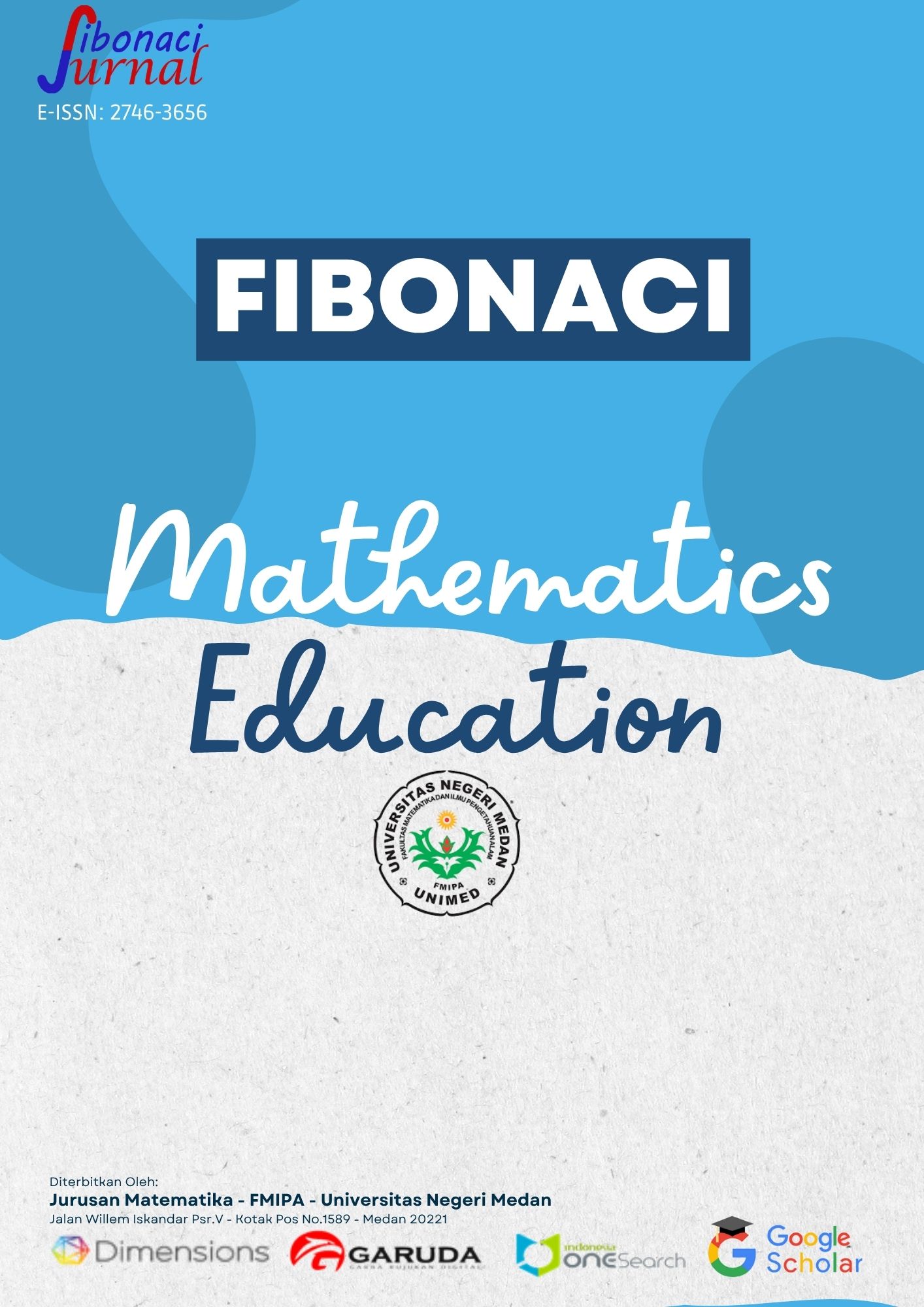Pengaruh Motivasi, Minat, Dan Gaya Belajar Terhadap Kemampuan Pemahaman Konsep Matematis Mahasiswa Program Studi Pendidikan Matematika
DOI:
https://doi.org/10.24114/jfi.v6i2.67944Abstract
Penelitian ini bertujuan untuk menganalisis pengaruh motivasi belajar, minat belajar, dan gaya belajar terhadap kemampuan pemahaman konsep matematis mahasiswa pada mata kuliah Kalkulus Integral di Program Studi Pendidikan Matematika Universitas Kristen Wira Wacana Sumba. Penelitian menggunakan pendekatan kuantitatif dengan desain asosiatif kausal dan melibatkan 38 mahasiswa yang dipilih melalui teknik cluster random sampling. Data diperoleh melalui angket motivasi, minat, dan gaya belajar serta tes kemampuan pemahaman konsep matematis, kemudian dianalisis menggunakan regresi linear berganda dengan bantuan SPSS V31. Hasil penelitian menunjukkan bahwa motivasi belajar (Sig. = 0,006), minat belajar (Sig. = 0,026), dan gaya belajar (Sig. = 0,039) berpengaruh signifikan terhadap kemampuan pemahaman konsep matematis, dengan kontribusi ketiganya sebesar 63%. Hal ini menunjukkan bahwa ketiga faktor tersebut berperan penting dalam meningkatkan kemampuan mahasiswa memahami konsep matematika secara mendalam dan sistematis.Downloads
Published
2025-10-29
Issue
Section
Articles
License

This work is licensed under a Creative Commons Attribution-NonCommercial-ShareAlike 4.0 International License.
Authors who publish articles in this journal agree to the following terms:
- Authors retain copyright of the article and grant the journal right of first publication with the work simultaneously licensed under a CC-BY-SA or The Creative Commons Attribution–ShareAlike License.
- Authors are able to enter into separate, additional contractual arrangements for the non-exclusive distribution of the journal's published version of the work (e.g., post it to an institutional repository or publish it in a book), with an acknowledgment of its initial publication in this journal.
- Authors are permitted and encouraged to post their work online (e.g., in institutional repositories or on their website) prior to and during the submission process, as it can lead to productive exchanges, as well as earlier and greater citation of published work (See The Effect of Open Access).



